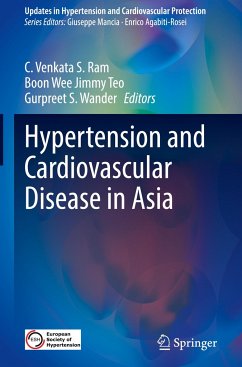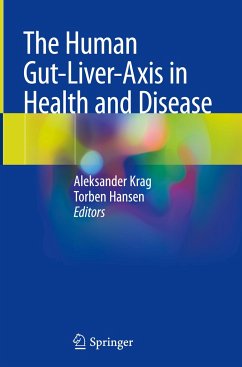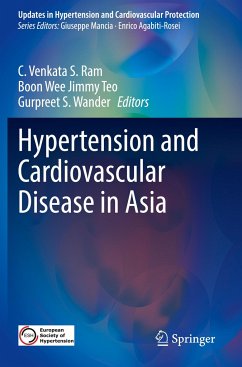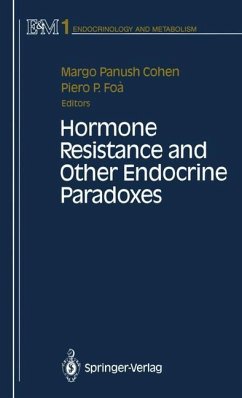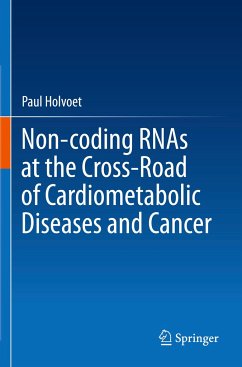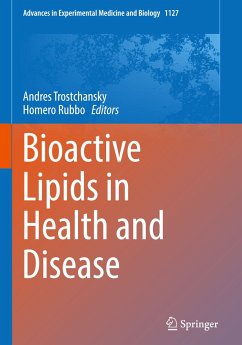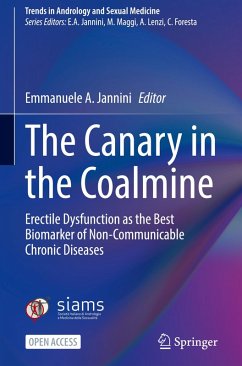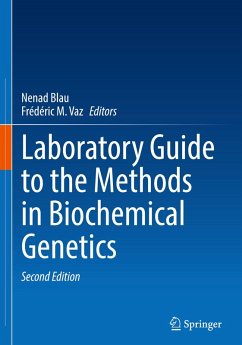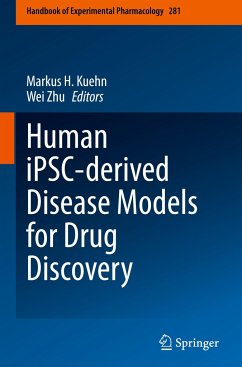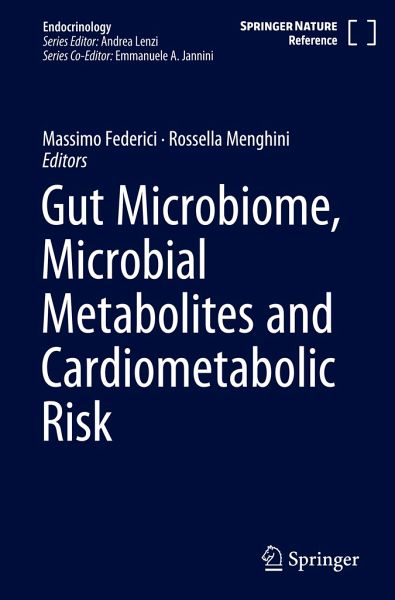
Gut Microbiome, Microbial Metabolites and Cardiometabolic Risk
Versandkostenfrei!
Versandfertig in 1-2 Wochen
283,99 €
inkl. MwSt.

PAYBACK Punkte
142 °P sammeln!
This reference work is strong informative about the role of the gut microbiome in organism metabolism and fully discusses the relationship between gut alterations and/or gut microbiome-derived metabolites and the pathogenesis of many diseases, as well as recent advances in clinical applications of microbiome and microbial effector molecules.It clearly shows how the microbiome research is a growing field in molecular and clinical sciences, due to technical advances based on high throughput genetic sequencing technologies and omics analyses that empower systems biology-based methods for precisio...
This reference work is strong informative about the role of the gut microbiome in organism metabolism and fully discusses the relationship between gut alterations and/or gut microbiome-derived metabolites and the pathogenesis of many diseases, as well as recent advances in clinical applications of microbiome and microbial effector molecules.
It clearly shows how the microbiome research is a growing field in molecular and clinical sciences, due to technical advances based on high throughput genetic sequencing technologies and omics analyses that empower systems biology-based methods for precision health monitoring and treatment. It will help in understanding that high diversity of the microbial communities in the gut is important to preserve health and microbiome alterations, not only in nutrition associated diseases like obesity and diabetes, but also in many chronic inflammatory, cardiovascular, oncological and neurological disorders.
Written by renown experts in the field,this reference work is intended for clinicians, residents, specialists and physicians involved in the diagnosis and treatment of affected patients.
It is published as part of the SpringerReference program, which provides access to live editions constantly updated through a dynamic peer-review publishing process.
It clearly shows how the microbiome research is a growing field in molecular and clinical sciences, due to technical advances based on high throughput genetic sequencing technologies and omics analyses that empower systems biology-based methods for precision health monitoring and treatment. It will help in understanding that high diversity of the microbial communities in the gut is important to preserve health and microbiome alterations, not only in nutrition associated diseases like obesity and diabetes, but also in many chronic inflammatory, cardiovascular, oncological and neurological disorders.
Written by renown experts in the field,this reference work is intended for clinicians, residents, specialists and physicians involved in the diagnosis and treatment of affected patients.
It is published as part of the SpringerReference program, which provides access to live editions constantly updated through a dynamic peer-review publishing process.



